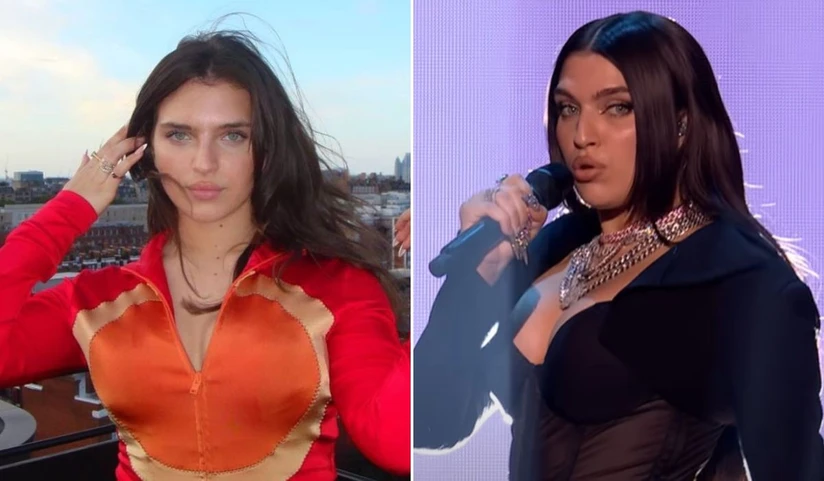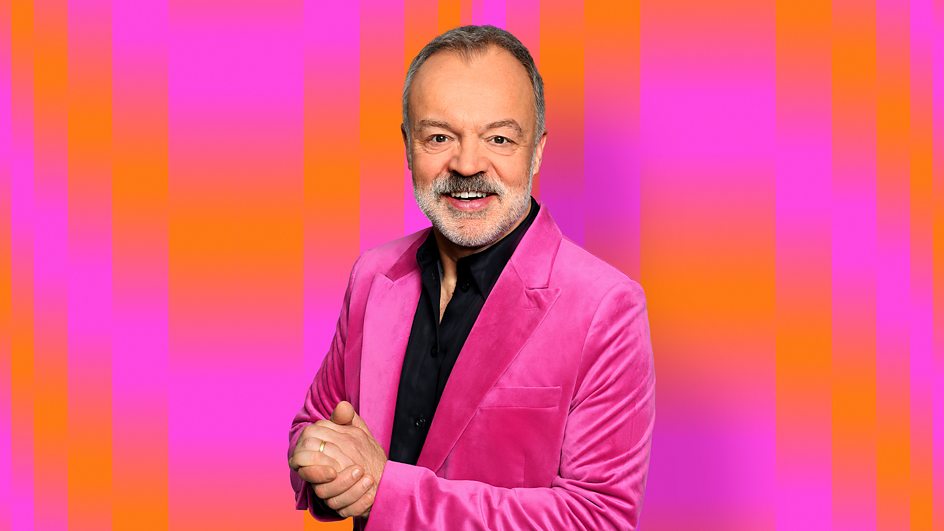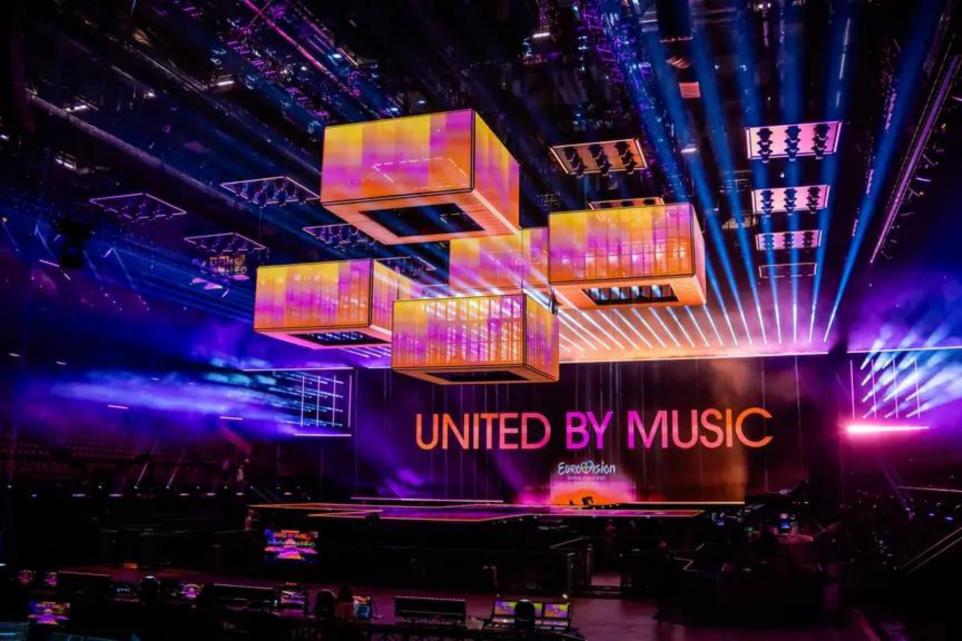Table of Contents
Every year, European countries immerse themselves in months of preparation, aiming for the coveted grand final of the Eurovision Song Contest. The journey involves relentless practice and tireless efforts in the hope of surpassing the semi-finals and securing a spot in the dazzling final showdown. However, amidst the flurry of anticipation and nerves, five countries stand apart, untouched by the anxiety of semi-final qualification. These nations constitute the esteemed “Big 5,” a select group comprising the United Kingdom, France, Spain, Germany, and Italy, who enjoy the privilege of automatic qualification for the final round.

The Big 5 Phenomenon Explained
Origin and Evolution
The genesis of the Big 5 traces back to the year 2000, marked by a pivotal rule change within the Eurovision Song Contest framework. This alteration ushered in an era where countries could bypass the rigorous semi-finals through substantial financial contributions. Initially comprising the UK, Spain, France, and Germany, the Big Five expanded its ranks in 2011 with the inclusion of Italy. This expansion heralded a new era of diversity within the exclusive club of Eurovision elites.
Read More: Remembering Dickey Betts: Allman Brothers Co-Founder and Southern Rock
Exemption from Semi-Finals
The primary criterion for Big 5 status hinges on financial prowess, as these nations demonstrate their commitment to the Eurovision extravaganza through substantial financial investments. By virtue of their esteemed position, they sidestep the nerve-wracking semi-final phase, granting them a direct passage to the grand final. This exemption not only underscores their financial clout but also acknowledges their historical and cultural significance within the Eurovision narrative.
Good evening Europe! 🇸🇪
— Eurovision Song Contest (@Eurovision) April 25, 2024
It’s time to meet… your stage! 🤩#Eurovision2024 #UnitedByMusic pic.twitter.com/RIkD2NBB2u
Grand Final: A Spectacle to Behold
Broadcasting Details
The pinnacle of Eurovision, the Grand Final, is a spectacle cherished by millions across the globe. Scheduled for Saturday, May 11, viewers can tune in to BBC One at 8 pm BST or access the broadcast via BBC iPlayer. Additionally, enthusiasts can enjoy live commentary on BBC Radio 2 and BBC Sounds, ensuring a truly immersive experience. The coverage on BBC One culminates at 12 am, encapsulating the essence of Eurovision fervor.
UK’s Representative for 2024
In the realm of Eurovision, national pride converges with musical prowess, exemplified by the UK’s representative for 2024, Olly Alexander. With his captivating performance of ‘Dizzy,’ Olly embarks on a journey to captivate audiences and carve his name in Eurovision history. His selection symbolizes the culmination of talent and passion, resonating with the essence of Eurovision’s spirit of unity and celebration.

Eurovision’s Origins
The Big 5 countries of Malmö 2024 have drawn how they'll be placed in the Grand Final running order – First Half, Second Half or Producer's Choice: https://t.co/6hPLXfiadI pic.twitter.com/xQg15lVcpb
— Eurovision Song Contest (@Eurovision) May 4, 2024
Inception and Legacy
The Eurovision Song Contest, a hallmark of European cultural integration, debuted on May 24, 1956, in Lugano, Switzerland. Its inception marked a pioneering endeavor in live televised events, captivating audiences with its blend of music and spectacle. The inaugural edition witnessed Switzerland emerge victorious with Lys Assia’s mesmerizing rendition of ‘Refrain,’ setting the stage for decades of musical excellence and cross-cultural exchange.

Voting Dynamics
In its nascent stages, Eurovision’s scoring system relied on votes rather than points, with each participating country afforded two votes. This simplistic yet effective approach added an element of suspense, culminating in the announcement of a single winner. Such voting dynamics not only fostered competition but also laid the foundation for Eurovision’s enduring legacy as a platform for artistic expression and camaraderie.
Conclusion
In the colorful tapestry of Eurovision, the Big 5 nations occupy a distinguished position, symbolizing a harmonious blend of tradition, innovation, and cultural significance. Their automatic qualification for the grand final serves as a testament to their enduring commitment to the Eurovision ethos. As the world eagerly awaits the spectacle of Eurovision 2024, the Big 5 stand poised to dazzle and delight, embodying the spirit of unity and diversity that defines this iconic event.
FAQs
1. Why do the Big 5 countries automatically qualify for the Eurovision final?
The Big 5 nations secure automatic qualification by virtue of their substantial financial contributions to the Eurovision Song Contest, sparing them the need to compete in the semi-finals.
2. How are Eurovision winners determined?
Eurovision winners are determined through a combination of jury and viewer votes, with each country’s votes contributing to the final outcome.
3. Is Eurovision only about music?
While music forms the centerpiece of Eurovision, the contest also celebrates cultural diversity, artistic expression, and unity among nations.
4. Can countries outside Europe participate in Eurovision?
Despite its name, Eurovision welcomes participation from countries beyond Europe, provided they are active members of the European Broadcasting Union or receive special invitations.
5. What is the significance of Eurovision in European culture?
Eurovision serves as a cultural phenomenon, fostering cross-border connections, promoting diversity, and showcasing the rich tapestry of European music and heritage.
